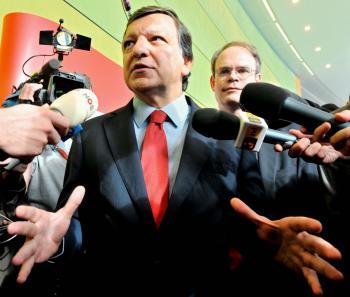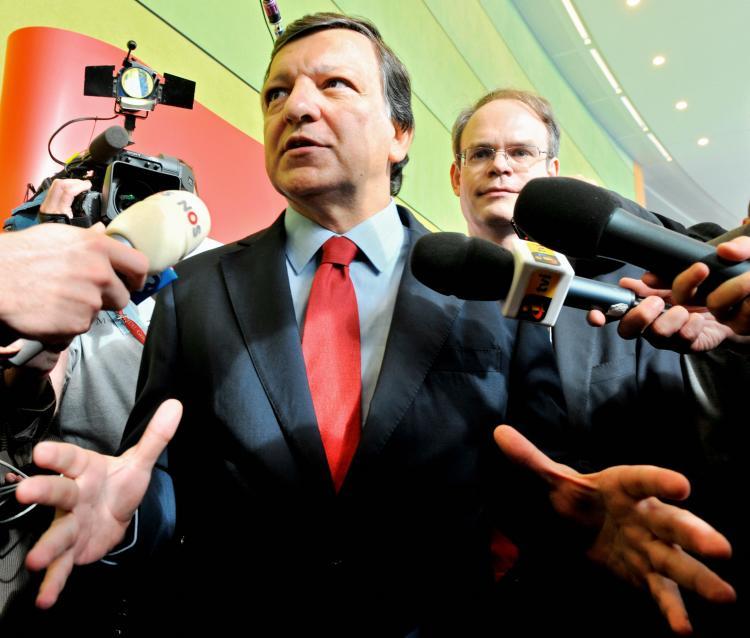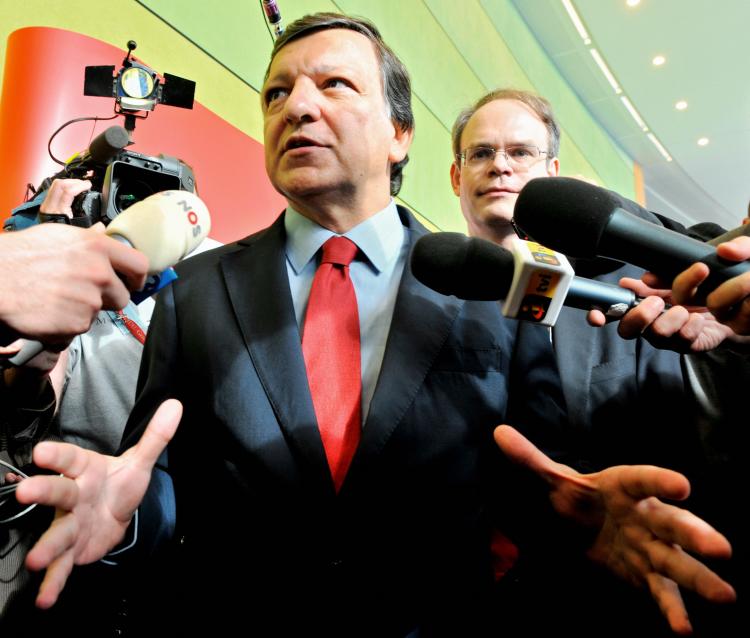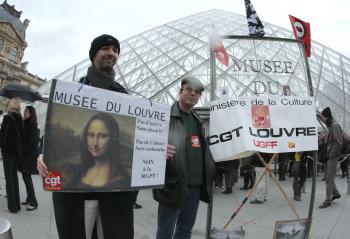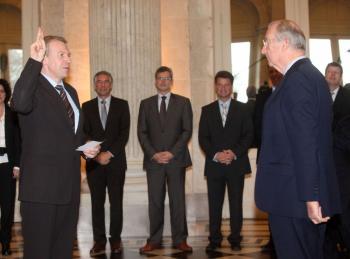BRUSSELS—The president of the European Commission, José Manuel Barroso, has known better times. After having been formally nominated by the European Council for a second term of five years in July this year, Barroso now faces the challenge of convincing political groups of the European Parliament to re-elect him.
Barroso met with the different political groups this week in the European Parliament, discussing his political vision for the next five years.
So far Barroso has found support with the leadership of the European Parliament’s largest political group, the European People’s Party (EPP), with the Christian Democrats, the Alliance of Liberals and Democrats for Europe (ALDE), and the European Conservatives and Reformists (ECR).
But the leadership of the Socialists, the Progressive Alliance of Socialists and Democrats in the European Parliament; and the Greens, the Greens and European Free Alliance, have said they will vote against Barroso.
“One thing is clear from today, there will be no vote in favor of minster Barroso,” said Chairman Martin Schulz from the Socialists group.
The Socialists have come up with an 11-point list of demands, including a European recovery plan and regulation and supervision of financial markets.
Barroso had a three-hour meeting behind closed doors with the Socialist group on Wednesday.
“I didn’t get any answers. So it was not good enough,” said Poul Nyryp Rasmussen, a member of the Socialists group. “He’s a good actor, but a bad politician.”
Barroso himself reacted, saying: “No party alone has that majority. And so I expect all the pro-European forces to support a strong commission for a stronger European union. That’s what our citizens are waiting for.”
On Thursday the Commission of Presidents, consisting of the president of the European Parliament and the leaders of the Parliament’s groups, decided that the vote on Barroso’s re-election will be held next week during the parliamentary session in Strasbourg, France.
Barroso met with the different political groups this week in the European Parliament, discussing his political vision for the next five years.
So far Barroso has found support with the leadership of the European Parliament’s largest political group, the European People’s Party (EPP), with the Christian Democrats, the Alliance of Liberals and Democrats for Europe (ALDE), and the European Conservatives and Reformists (ECR).
But the leadership of the Socialists, the Progressive Alliance of Socialists and Democrats in the European Parliament; and the Greens, the Greens and European Free Alliance, have said they will vote against Barroso.
“One thing is clear from today, there will be no vote in favor of minster Barroso,” said Chairman Martin Schulz from the Socialists group.
The Socialists have come up with an 11-point list of demands, including a European recovery plan and regulation and supervision of financial markets.
Barroso had a three-hour meeting behind closed doors with the Socialist group on Wednesday.
“I didn’t get any answers. So it was not good enough,” said Poul Nyryp Rasmussen, a member of the Socialists group. “He’s a good actor, but a bad politician.”
Barroso himself reacted, saying: “No party alone has that majority. And so I expect all the pro-European forces to support a strong commission for a stronger European union. That’s what our citizens are waiting for.”
On Thursday the Commission of Presidents, consisting of the president of the European Parliament and the leaders of the Parliament’s groups, decided that the vote on Barroso’s re-election will be held next week during the parliamentary session in Strasbourg, France.
